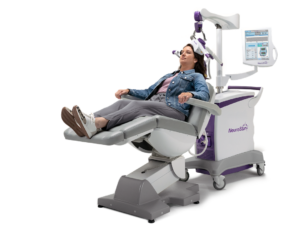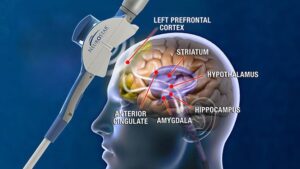Nicotinamide Adenine Dinucleotide (NAD) is a coenzyme central to metabolism, found in all living cells. Its role is critical in the processes that convert food into energy and in maintaining DNA integrity. Recent studies have highlighted NAD’s potential in influencing aging and managing age-related diseases, positioning it as a key molecule in the pursuit of longevity and health.
NAD and Cellular Health
NAD plays a fundamental role in cellular health, especially in energy metabolism and the maintenance of cellular homeostasis. It is a vital player in oxidative phosphorylation and glycolysis, processes crucial for energy production in cells. Additionally, NAD is essential for the functioning of sirtuins, a family of enzymes involved in cellular stress responses and aging.
As we age, NAD levels naturally decline, leading to a decrease in metabolic efficiency and an increase in age-related cellular dysfunction. Supplementing NAD precursors, like nicotinamide riboside (NR) or nicotinamide mononucleotide (NMN), has shown promise in boosting NAD levels, thereby potentially reversing some aspects of aging at the cellular level.
NAD and Aging
The relationship between NAD and aging is a focus of intense research. Studies indicate that boosting NAD levels can improve various biomarkers of aging. For instance, increased NAD availability has been linked to improved mitochondrial function, reduced oxidative stress, and enhanced DNA repair – all critical factors in slowing the aging process.
Moreover, NAD supplementation has shown potential in treating age-related diseases, such as neurodegenerative disorders and type 2 diabetes. By improving cellular health, NAD can mitigate some of the cellular dysfunctions associated with these diseases.
NAD, Disease Prevention, and Longevity
The prospect of using NAD to prevent diseases and promote longevity is an exciting area of research. By enhancing cellular resilience and repairing age-related cellular damage, NAD could play a significant role in extending healthspan – the portion of life spent in good health.
However, the effectiveness of NAD supplementation in humans is still under investigation. While animal studies have been promising, more research is needed to understand the optimal dosing, long-term effects, and potential side effects of NAD supplementation in humans.
Challenges and Perspectives
One of the challenges in NAD research is understanding the best way to elevate NAD levels in humans effectively. Different precursors have varying bioavailability and efficacy, and the long-term impacts of artificially boosting NAD levels are still not fully understood.
Furthermore, while the early results are promising, translating these findings into practical, widely available therapies presents its own set of challenges, including regulatory hurdles and ensuring accessibility.
Conclusion
NAD stands at the forefront of anti-aging research, with its potential to improve cellular health and combat age-related decline. While there are still many unanswered questions, the ongoing research into NAD and its precursors could pave the way for novel therapies that extend not just lifespan, but more importantly, healthspan, offering a future where aging is accompanied by vitality and wellness.








